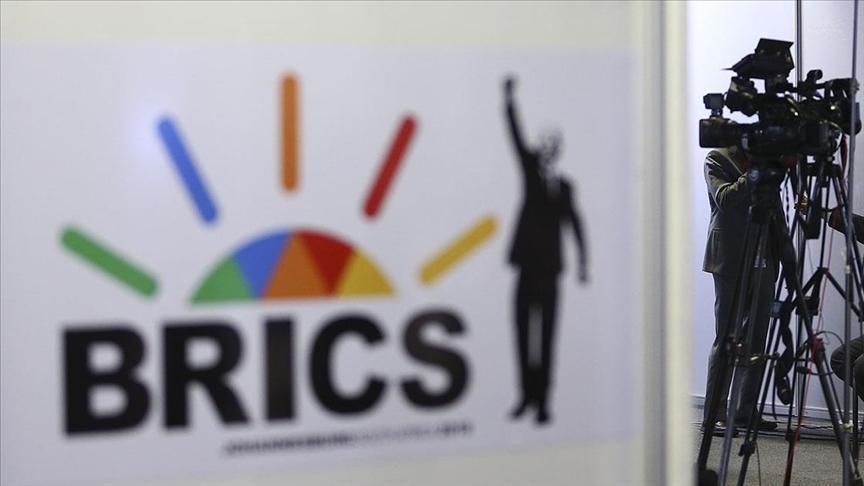German exports unexpectedly plunge but factory output up
FRANKFURT

German exports unexpectedly registered a sharp drop in June but industrial production rose, official data showed on Wednesday, as Europe's biggest economy struggles to emerge from a weak period.
Exports dropped 3.4 percent from the previous month and stood at 127.7 billion euros ($139.3 billion), federal statistics agency Destatis said in a statement.
It was the second straight monthly drop and far worse than a forecast from analysts surveyed by FactSet, who had predicted an increase of 1.3 percent.
Exports to the European Union were down 3.4 percent compared to the previous month while beyond the bloc they were down by 3.5 percent.
The United States was still the biggest importer of "made in Germany" goods, although exports to the world's biggest economy fell 7.7 percent.
Germany imported 107.3 billion euros worth of products in June, a slight increase on the previous month, with its trade surplus coming in at 20.4 billion euros.
On a more positive note, factory output rose 1.4 percent in June compared to the previous month, according to Destatis.
That represented a turnaround from a sharp drop in May and was slightly better than a forecast by analysts surveyed by FactSet.
The rise was driven by improvements in the auto industry and the manufacture of electrical equipment.
Weakness in the crucial manufacturing sector has been blamed in part for a broader slowdown in the German economy, and the economy ministry cautioned the latest data do not indicate the problems are over yet.
"Gloomy business expectations in the manufacturing sector indicate that industrial activity will remain subdued," it said in a statement.
Buffeted by multiple headwinds, the German economy shrank in 2023 but had started the year on a positive note with signs that a recovery was taking hold.
But recent data, including an unexpected contraction of the economy in the second quarter, suggest the rebound may be losing steam.
ING economist Carsten Brzeski said Wednesday's data sent a "mixed message".
"While falling exports point to ongoing structural weaknesses, the increase in industrial production keeps hopes alive of at least a meagre industrial rebound in the second half of the year," he said.
Meanwhile, China's exports grew slightly slower than expected in July, official figures showed yesterday, as the world's second-largest economy charts an uneven recovery.
Overseas shipments expanded 7 percent on-year last month, according to China's General Administration of Customs. That compares with the 8.6 percent increase recorded the month before.
Beijing is seeking to achieve annual national growth of around 5 percent this year, a target considered ambitious by many observers.
Exports have historically served as an important engine for economic activity in China.
















